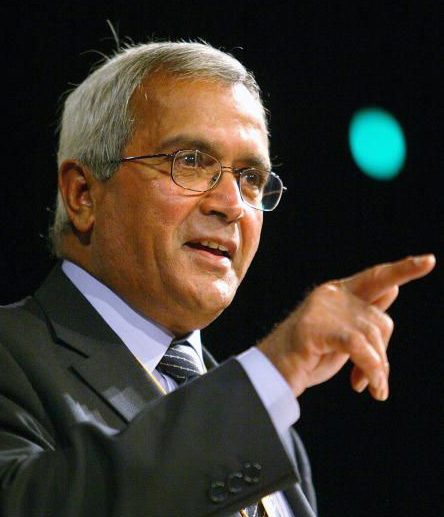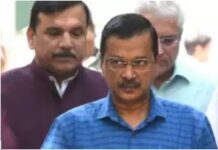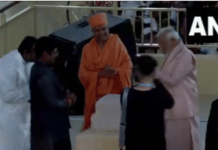Lord Dholakia describing the “disastrous” shortcomings of the offender management strategy for the rehabilitation of offenders said, “we need to be making the best use of what both large and small organisations have to offer, and the transforming rehabilitation arrangements have failed to do that”. “The arrangements squeezed out most voluntary sector agencies,” he said, as the tendering process, “favoured large private sector companies that can take significant financial risks.” Whilst acknowledging the aims of the changes introduced in 2014 – 2015 were “admirable”, “there was a heavy emphasis on paying organisations according to the volume of work which they received”. The process meant “organisations had to incur expenditure without knowing whether they would receive enough work to reimburse them properly”. This ruled out most voluntary organisations who could not “take the financial risk of becoming involved in these arrangements”.
Highlighting the loss of knowledge and proficiency this has caused Lord Dholakia pointed out, “voluntary agencies have expertise in areas such as housing, employment, training, mentoring, addiction and mental health that are key to rehabilitating offenders and reducing reoffending”. Noting that larger voluntary organisations such as Nacro, of which Lord Dholakia is president, also provide “outstanding services and have strong local links,” Lord Dholakia emphasised, “it has been particularly difficult for small, local voluntary agencies to become involved in providing services”. Citing the House of Commons Justice Committee, Lord Dholakia stated witheringly, “there is now less voluntary sector involvement in the provision of probation services than before the transforming rehabilitation arrangements began”.
Pointing out how the system is replete with problems at the moment, Lord Dholakia noted that the new financial arrangements “have proved daunting” even for private sector companies, with two going into administration. “This is no way to manage a key public service,” he opined. “It cannot be acceptable,” Lord Dholakia stressed, “that major service-providers that are supervising offenders in the community are liable to go under at any moment”.
Lord Dholakia, discussing a system which has split offender management between the National Probation Service for high-risk offenders and community rehabilitation companies for medium and low-risk offenders, said it was “never likely to work well”. Describing the split as “artificial”, Lord Dholakia pointed out, “many offenders who start out as low-level petty offenders move on, over time, to become high-risk offenders”.
Lord Dholakia noted that whilst the National Probation Service has “largely done a good job”, the same is not true of the community rehabilitation companies”. Depicting a grim picture with inadequate performance, staff shortages, and “frequent transfers of offenders from one officer to another in the course of their supervision”, Lord Dholakia stated, “there has been a sharp fall in the number of offenders taking part in accredited offending behaviour programmes”. The importance of this issue cannot be overstated as it is something that has “been shown to reduce reoffending—by 56% between 2009 and 2017”.
For any change to be meaningful and lasting, Lord Dholakia finished off by arguing, “[p]lanning for prisoners’ resettlement needs to begin as soon as they are received into custody”, including applying for Universal Credit before release. “It should not”, he said, “be left until 12 weeks before release” to begin the process. This is, “often too late to make realistic applications for suitable housing on release or for enrolment on training courses”.

Readers like you, make ESHADOOT work possible. We need your support to deliver quality and positive news about India and Indian diaspora - and to keep it open for everyone. Your support is essential to continue our efforts. Every contribution, however big or small, is so valuable for our future.











